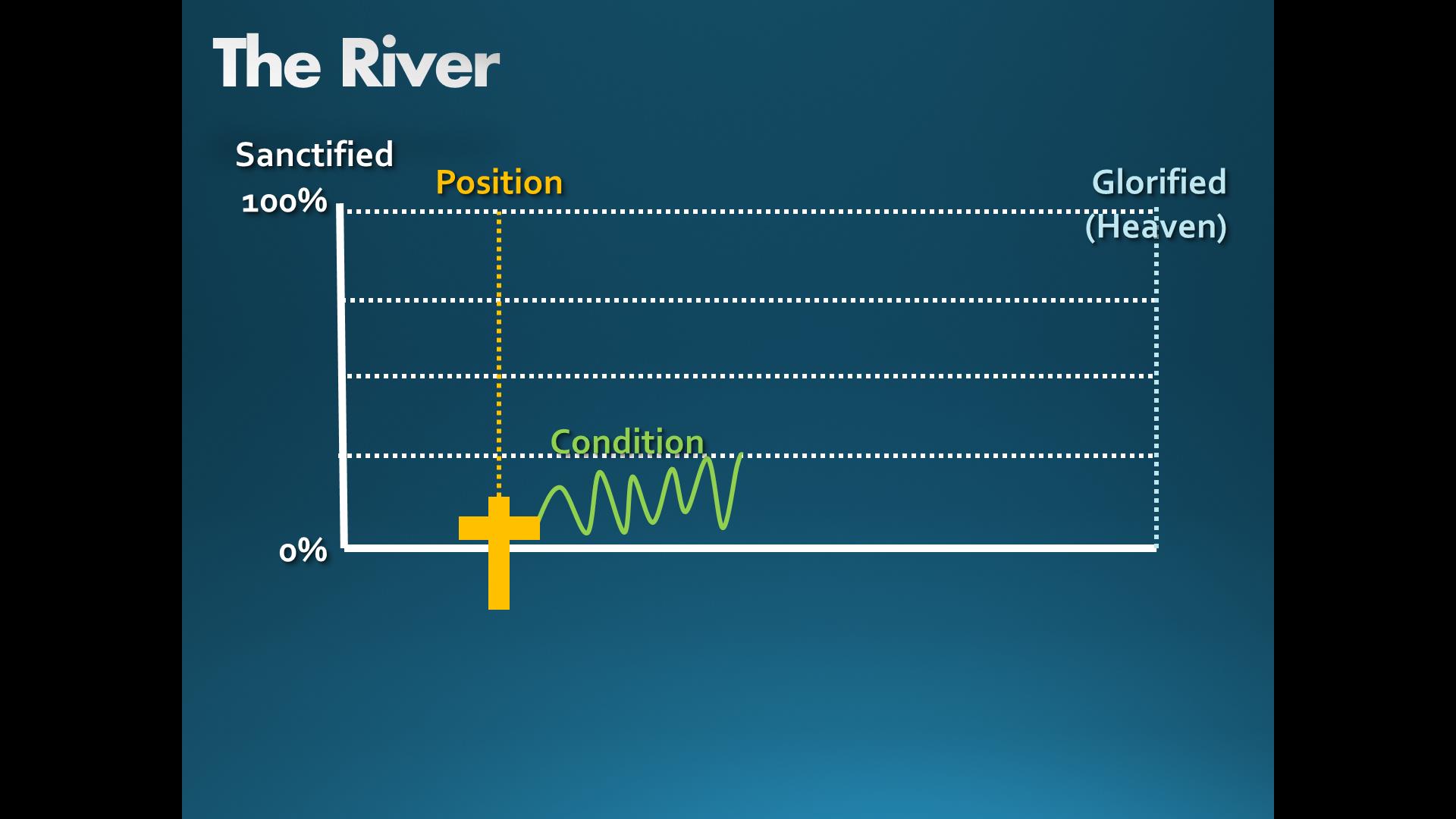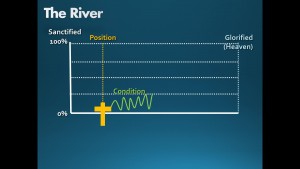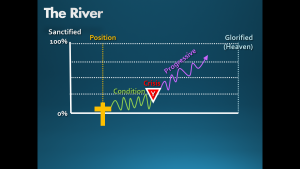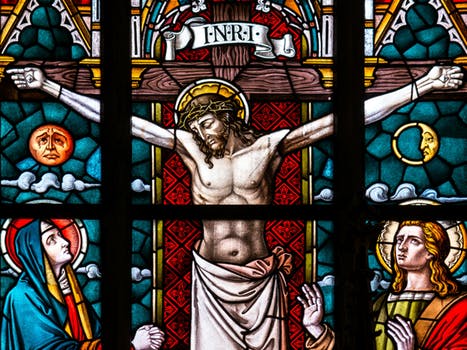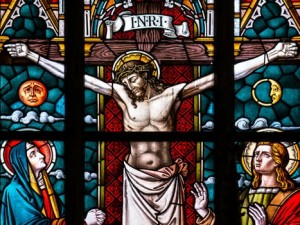 There have been many end of the world predictions over the years. But possibly the most interesting of all doomsday predictions came from a chicken. Apparently there was a hen in Leeds, England back in 1806 that became known as the prophet hen of Leeds when she began laying eggs with the words “Christ is coming” written on them. People traveled from far and wide to visit this prophetic hen. However the whole thing was uncovered as a hoax when it was found out that the owner of the hen was using corrosive ink to write on the eggs and then reinserting them back into the hen, to be laid later.
There have been many end of the world predictions over the years. But possibly the most interesting of all doomsday predictions came from a chicken. Apparently there was a hen in Leeds, England back in 1806 that became known as the prophet hen of Leeds when she began laying eggs with the words “Christ is coming” written on them. People traveled from far and wide to visit this prophetic hen. However the whole thing was uncovered as a hoax when it was found out that the owner of the hen was using corrosive ink to write on the eggs and then reinserting them back into the hen, to be laid later.
Many people are interested in talking about the end times. There are actually many passages in Scripture that deal with this topic. Acts 1:6-11 is a very familiar passage that contains Christ’s ascension to Heaven and a challenge to be Christ’s witnesses to the ends of the earth. However, this well-known passage actually begins with a question about the end times.
In Acts 1:6 the disciples ask Jesus, “Lord, will you at this time restore the kingdom to Israel?” (Acts 1:6b, ESV) Typically when we look at this passage we tend to gloss over verse 6, but when we recognize this starting question it takes us deeper into the context of what Jesus is saying.
Remember, the disciples had an unclear idea of what exactly the Messiah had come to do. They had grown up hearing these prophecies of the coming Messiah and the interpretations that suggested that he would be a conquering hero or a political or military leader who would return the kingdom of Israel to prominence. They then saw firsthand the miracles he was capable of and they gave up their lives to follow him. But then he was crucified and died and they were probably pretty confused, until he rose again and displayed authority over death. When you combine what they had seen of Jesus with what they expected of the Messiah, it is easy to see how they might have expected him to establish his kingdom right away now that he had risen. But they were still missing pieces to the puzzle.
In verse 7 Jesus basically answers their question by telling them that the timing of his kingdom is really none of their business. That is not what they were supposed to be focused on. And that is not what we are supposed to focus on either. Many times we are in such a hurry to get to verse 8 that we miss this important answer. But this helps provide good context for verse 8, because while Jesus says the timing is not our business, he does tell us what is supposed to be our business. In verse 8 Jesus says, “But you will receive power when the Holy Spirit has come upon you, and you will be my witnesses in Jerusalem and in all Judea and Samaria, and to the end of the earth.” (Acts 1:8, ESV)
Our understanding of verses 6 and 7 doesn’t drastically change our understanding of verse 8, but it does add an extra emphasis. We may not know when the end is going to come, but we do know what we are supposed to be doing in the meantime. This is a pivotal verse in the Bible. It is kind of like an outline for the rest of the book of Acts as we see the disciples basically living out these words in the rest of the book as the Gospel spreads to the world.
After saying these things Jesus then ascended to Heaven and the disciples were left standing there watching him go. Then all of a sudden a couple of messengers showed up and asked the guys why they were just standing there gazing at heaven. And then they tell them that Christ is coming back. It’s like they were implying that the disciples should stop standing around and get busy doing what he had told them to do.
It may seem weird to take a passage that focuses on Christ’s ascension into Heaven and use it to talk about Christ our Coming King, but the context is clear. Christ’s is coming again. Ever since he left, we have been living with his imminent return. We don’t know when he will return, but we do know that he is coming. We see that stated right here in this passage as well as in many other places in Scripture.
Christ did not just come to earth, live a good life, do all those miracles, die for the sins of mankind, rise again and then just ride off into the sunset at the end of the story. He left with a plan to return. He is coming again. The story is not finished yet. And when he comes he will be ushering in his kingdom. So Christ is not only our Savior, and our Sanctifier and our Healer, he is also our Coming King. We can look forward to his return and to spending eternity with him, but talking about his return should not focus us on standing around watching for him to return, or arguing about when the end of the world is going to come, it should spur us on to do what he wants us to do while he is gone. All of this provides context for verse 8. So let’s let the fact that Christ is coming again, spur us on to be his witnesses to a world that desperately needs him.




